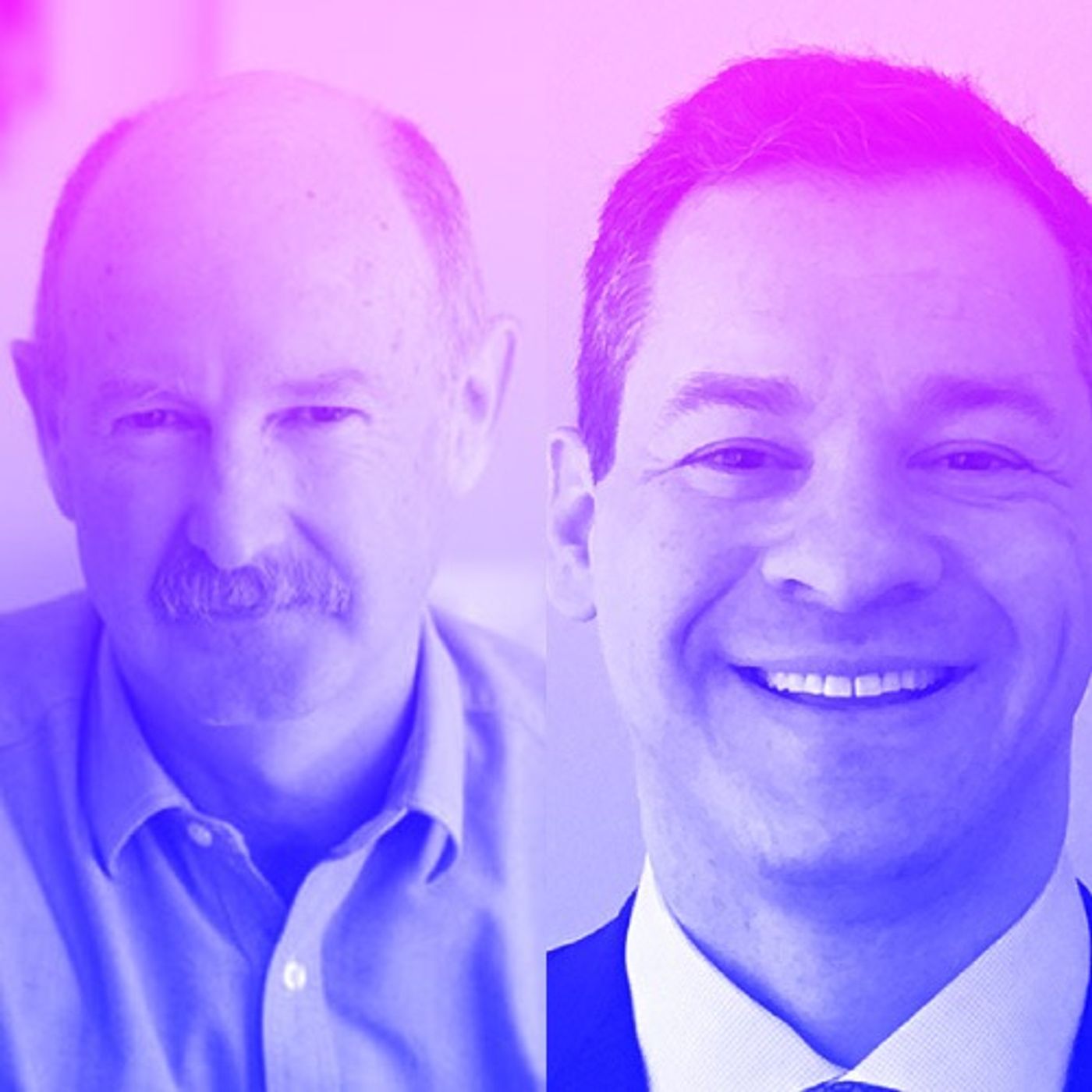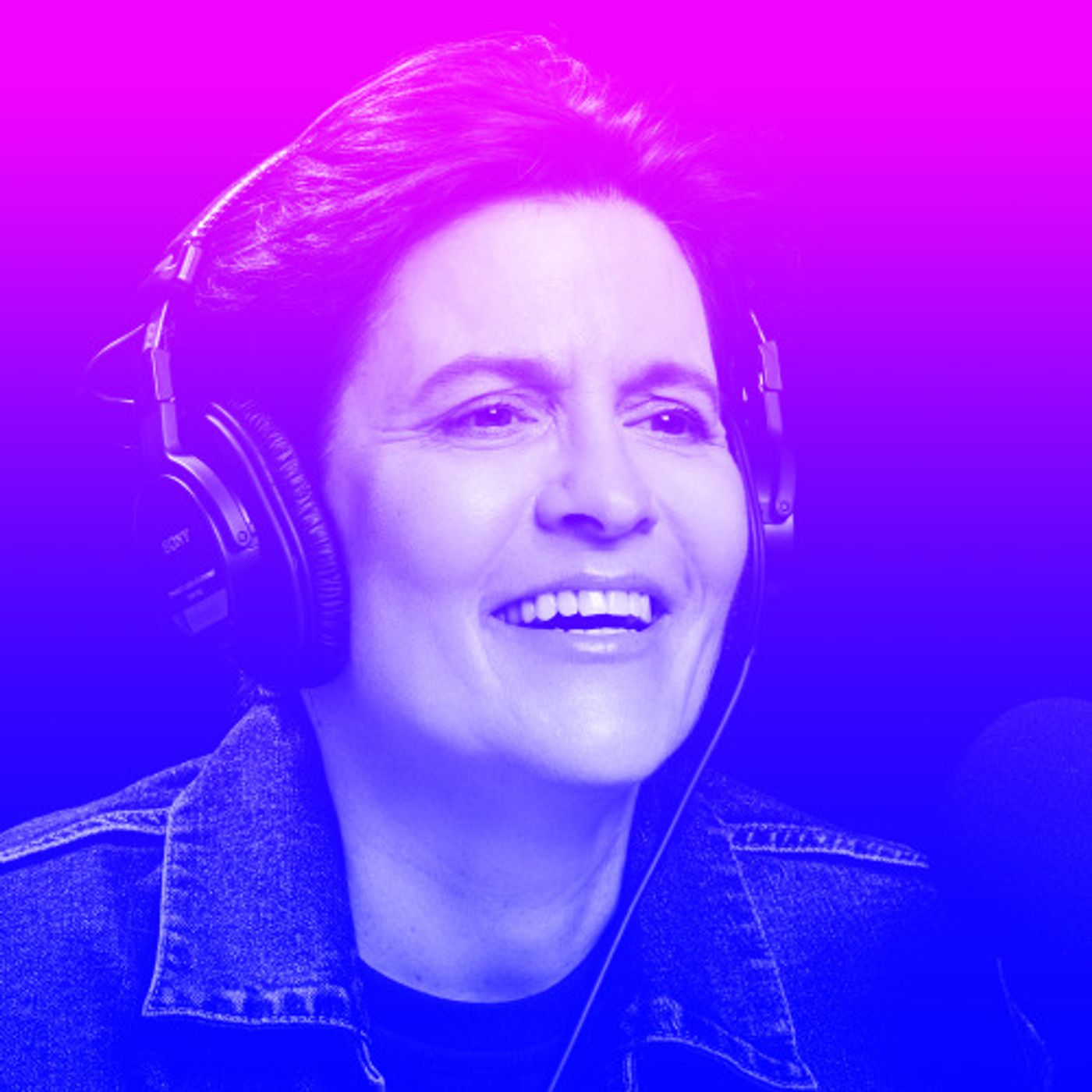
How to Fix the Internet
The internet is broken—but it doesn’t have to be. If you’re concerned about how surveillance, online advertising, and automated content moderation are hurting us online and offline, the Electronic Frontier Foundation’s How to Fix the Internet podcast offers a better way forward. EFF has been defending your rights online for over thirty years and is behind many of the biggest digital rights protections since the invention of the internet. Through curious conversations with some of the leading minds in law and technology, this podcast explores creative solutions to some of today’s biggest tech challenges. Hosted by EFF Executive Director Cindy Cohn and EFF Associate Director of Digital Strategy Jason Kelley, How to Fix the Internet will help you become deeply informed on vital technology issues as we work to build a better technological future together.
- Update frequency
- every 11 days
- Average duration
- 33 minutes
- Episodes
- 64
- Years Active
- 2020 - 2025

Protecting Privacy in Your Brain
The human brain might be the grandest computer of all, but in this episode, we talk to two experts who confirm that the ability for tech to decipher thoughts, and perhaps even manipulate them, isn't …

Separating AI Hope from AI Hype
If you believe the hype, artificial intelligence will soon take all our jobs, or solve all our problems, or destroy all boundaries between reality and lies, or help us live forever, or take over the …

Smashing the Tech Oligarchy
Many of the internet’s thorniest problems can be attributed to the concentration of power in a few corporate hands: the surveillance capitalism that makes it profitable to invade our privacy, the lac…

Finding the Joy in Digital Security
Many people approach digital security training with furrowed brows, as an obstacle to overcome. But what if learning to keep your tech safe and secure was consistently playful and fun? People react b…

Cryptography Makes a Post-Quantum Leap
The cryptography that protects our privacy and security online relies on the fact that even the strongest computers will take essentially forever to do certain tasks, like factoring prime numbers and…

Securing Journalism on the ‘Data-Greedy’ Internet
Public-interest journalism speaks truth to power, so protecting press freedom is part of protecting democracy. But what does it take to digitally secure journalists’ work in an environment where crit…

Why Three is Tor's Magic Number
Many in Silicon Valley, and in U.S. business at large, seem to believe innovation springs only from competition, a race to build the next big thing first, cheaper, better, best. But what if collabora…

Love the Internet Before You Hate On It
There’s a weird belief out there that tech critics hate technology. But do movie critics hate movies? Do food critics hate food? No! The most effective, insightful critics do what they do because the…

Digital Autonomy for Bodily Autonomy
We all leave digital trails as we navigate the internet – records of what we searched for, what we bought, who we talked to, where we went or want to go in the real world – and those trails usually a…

Coming Soon: How to Fix the Internet Season Six
Now more than ever, we need to build, reinforce, and protect the tools and technology that support our freedom. EFF’s How to Fix the Internet returns with another season full of forward-looking and h…

Vote for “How to Fix the Internet” in the Webby Awards People's Voice Competition!
EFF’s “How to Fix the Internet” podcast is a nominee in the Webby Awards 29th Annual People's Voice competition – and we need your support to bring the trophy home! Voting ends on April 17, so if you…

Rerelease - Dr. Seuss Warned Us
This episode was first released on May 2, 2023.
Dr. Seuss wrote a story about a Hawtch-Hawtcher Bee-Watcher whose job it is to watch his town’s one lazy bee, because “a bee that is watched will work…

Rerelease - So You Think You're a Critical Thinker
This episode was first released on March 21, 2023.
The promise of the internet was that it would be a tool to melt barriers and aid truth-seekers everywhere. But it feels like polarization has worse…

Fighting Enshittification
The early internet had a lot of “technological self-determination" — you could opt out of things, protect your privacy, control your experience. The problem was that it took a fair amount of technica…

AI in Kitopia
Artificial intelligence will neither solve all our problems nor likely destroy the world, but it could help make our lives better if it’s both transparent enough for everyone to understand and availa…

AI on the Artist’s Palette
Collaging, remixing, sampling—art always has been more than the sum of its parts, a synthesis of elements and ideas that produces something new and thought-provoking. Technology has enabled and advan…

Chronicling Online Communities
From Napster to YouTube, some of the most important and controversial uses of the internet have been about building community: connecting people all over the world who share similar interests, tastes…

Building a Tactile Internet
Blind and low-vision people have experienced remarkable gains in information literacy because of digital technologies, like being able to access an online library offering more than 1.2 million books…

Right to Repair Catches the Car
If you buy something—a refrigerator, a car, a tractor, a wheelchair, or a phone—but you can't have the information or parts to fix or modify it, is it really yours? The right to repair movement is ba…

Anti-Trust/Pro-Internet
Imagine an internet in which economic power is more broadly distributed, so that more people can build and maintain small businesses online to make good livings. In this world, the behavioral adverti…